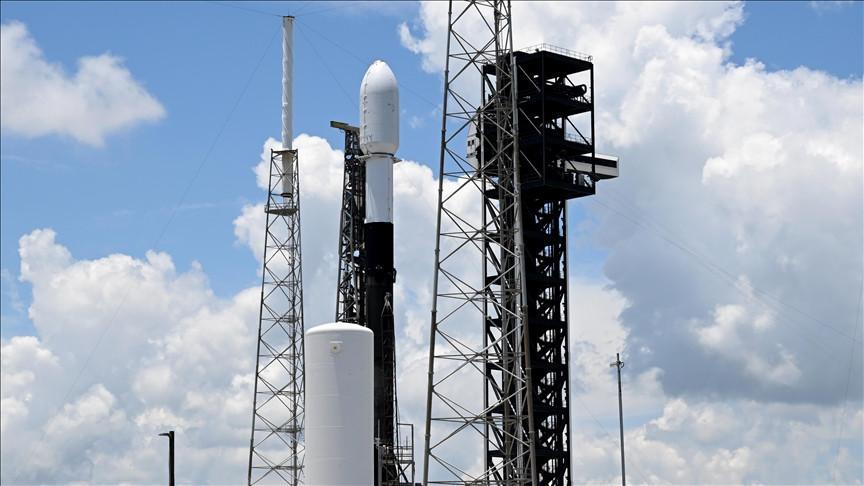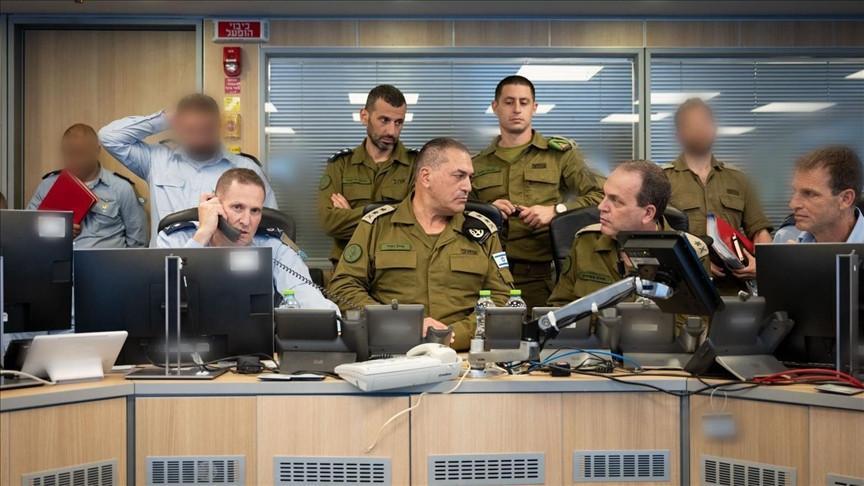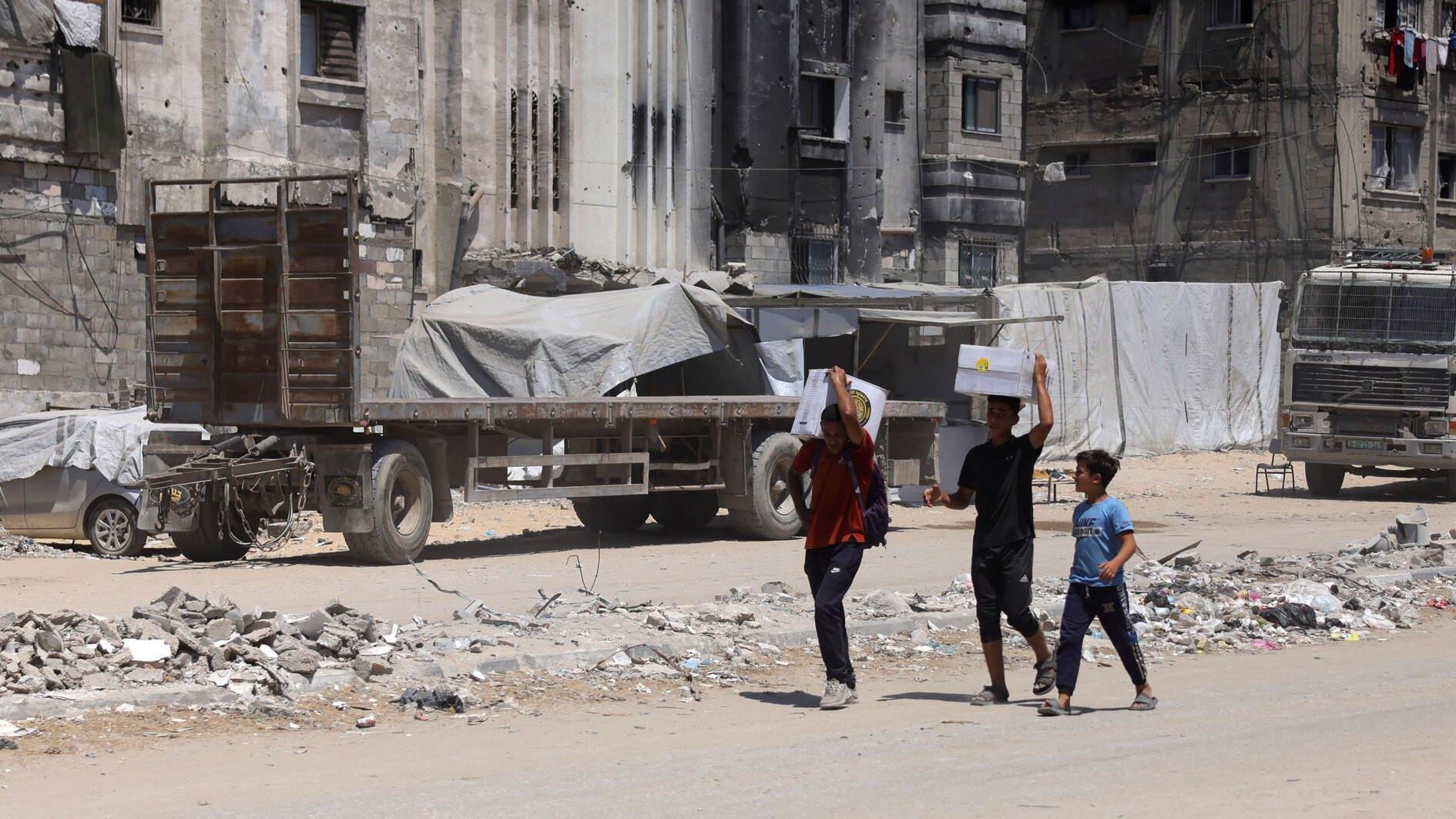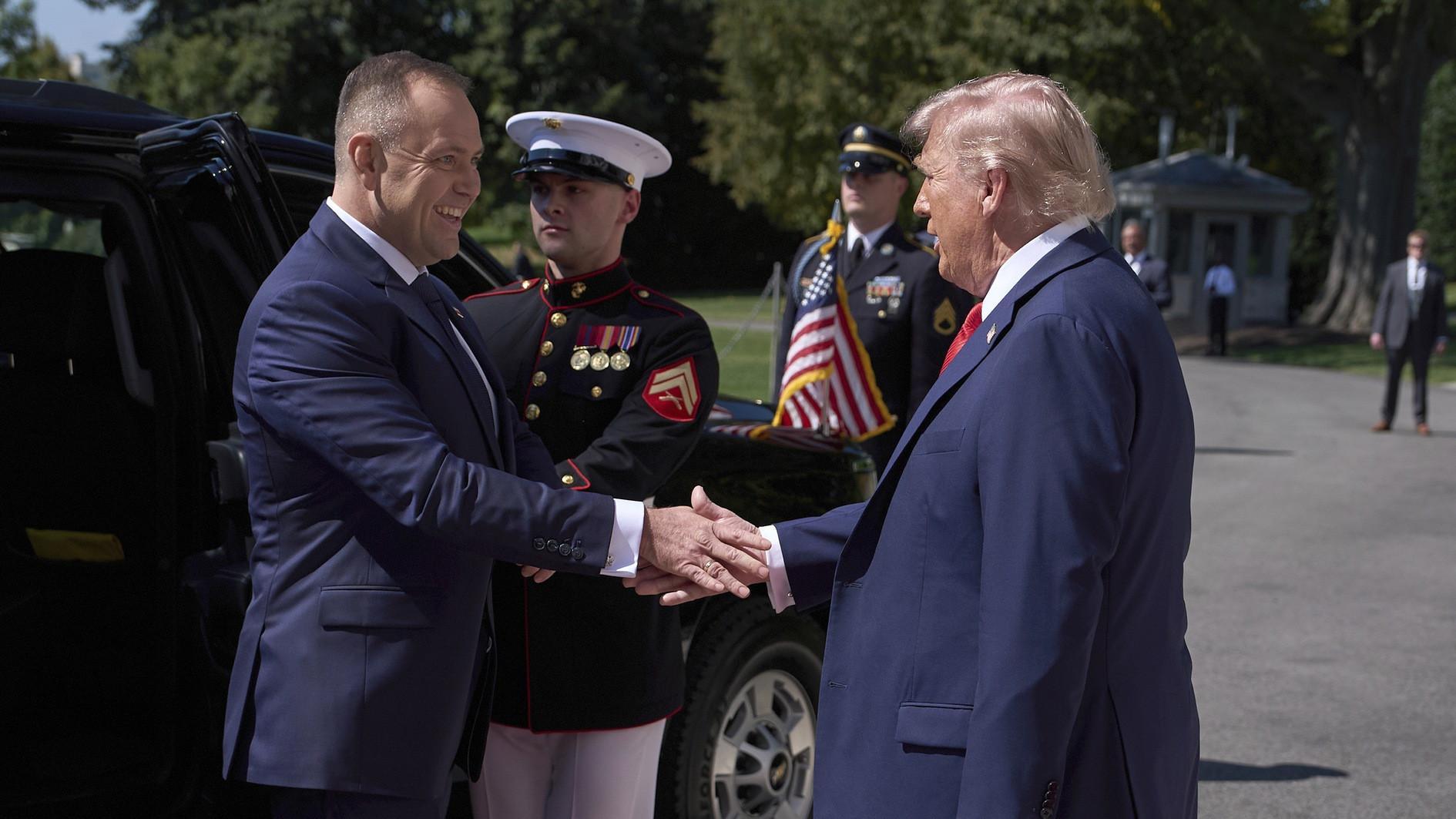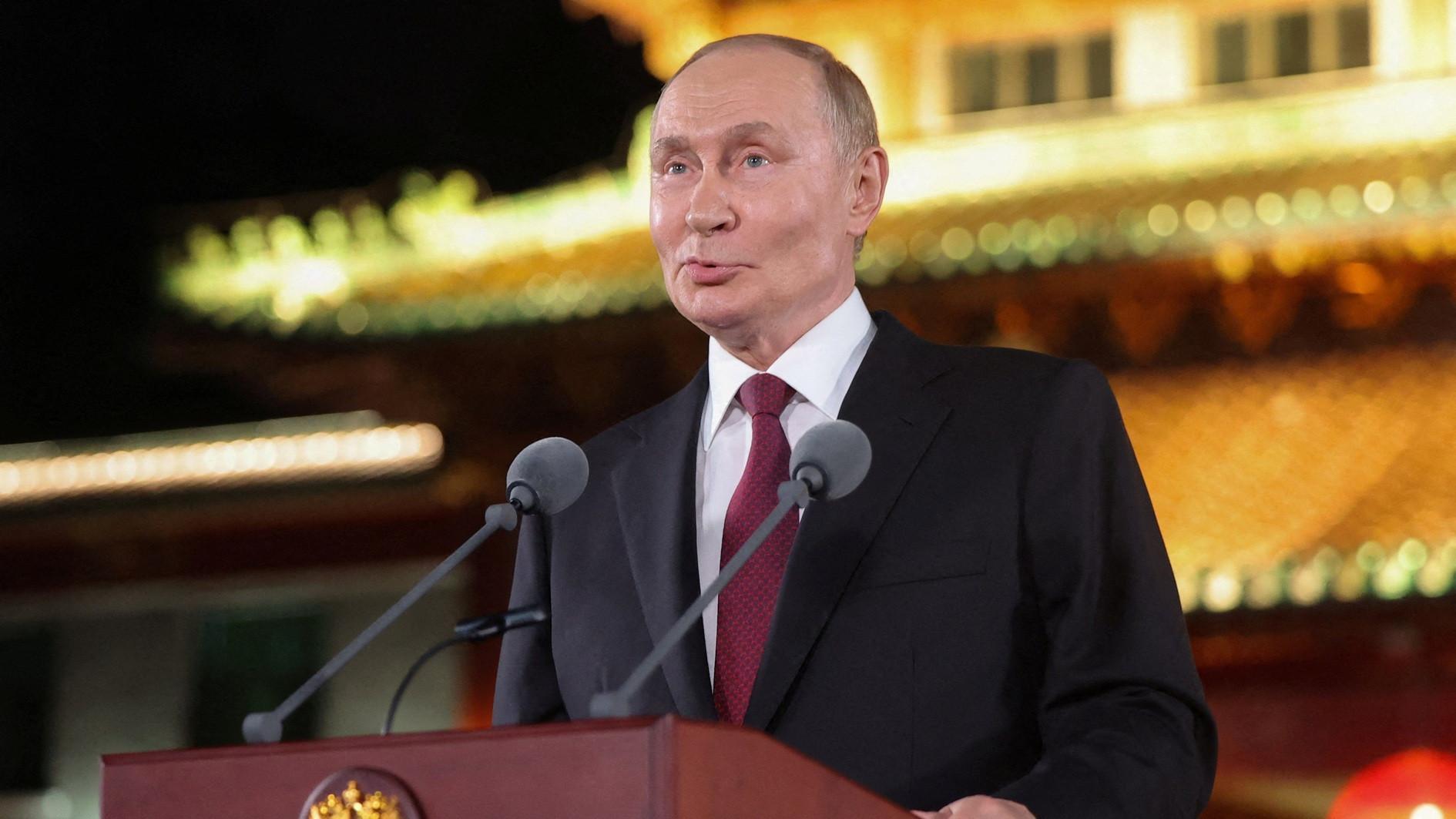Will it end up in war?
Will the confrontation started by Syria’s downing of a Turkish reconnaissance plane end up with war?
The answer, especially after Turkish Foreign Minister Ahmat Davutoğlu’s detailed interview on state chanmel TRT on June 24, is no; it’s not that far yet.
But it is also clear from the interview that Turkey will not let Syria get away with the incident.
Ankara’s call to the international community can be summarized in a few lines:
- Syria’s attack on the Turkish plane is deliberate and it should pay for it.
- Payment does not necessarily mean war, there are other options.
- Turkey doesn’t want war, but is keeping all options on the table.
Aiming for control over any possible confrontation with Syria as part of its crisis management strategy, the Turkish government is still at the “collecting data and sharing information” stage. The next stage is likely to come when Prime Minister Recep Tayyip Erdoğan addresses his Justice and Development Party (AK Parti) group in Parliament tomorrow.
Why not today? That question has two answers, according to official sources talking to the Hürriyet Daily News on condition of anonymity.
First, some more time is needed for diplomacy. There are scheduled meetings with the European Union, NATO and possibly the United Nations in which the Syrian situation is going to be discussed. Plus there might be some low-key diplomacy, for example by Iran to convince Syria that the last thing it can ask for nowadays is another confrontation with Turkey.
Second, Turkey wants to see the search and rescue work for two Air Force pilots concluded. Still, there is no indication that they are alive and the government thinks three days of search without any trace would be enough to call them at least missing in action. That brings us to Tuesday.
Another question: If Iran, Russia or any other diplomatic power could convince Syria to apologize from Turkey and offer to pay compensation for the loss, will that be enough to close the case? That is the case with Israel over the Mavi Marmara flotilla incident in 2010 in which nine Turkish citizens were killed by Israeli commandos in international waters.
“No, that will not be enough,” one official source told the Daily News. “First of all we have not asked Syria to do so; it will be up to Damascus. Second, such a case will of course decrease the tension and sets another equation. But, third, it will not close the case; Syria, for example, should at least forget about its patrols along the Turkish border that sometimes result in violations, even with an apology.”
It is clear that the incident will result in increased pressure on Syria and its supporters, mainly Russia. But what Bashar al-Assad cares for seems to be keeping his chair and the Russian naval base in Tartus strong, whatever the cost, also knowing that neither the Turkish government, nor the opposition and people want war without being directly attacked. Therefore, yes, Turkey will do everything to make Syria pay for the attack but the incident is likely to add another load to the government’s Syria policy.



